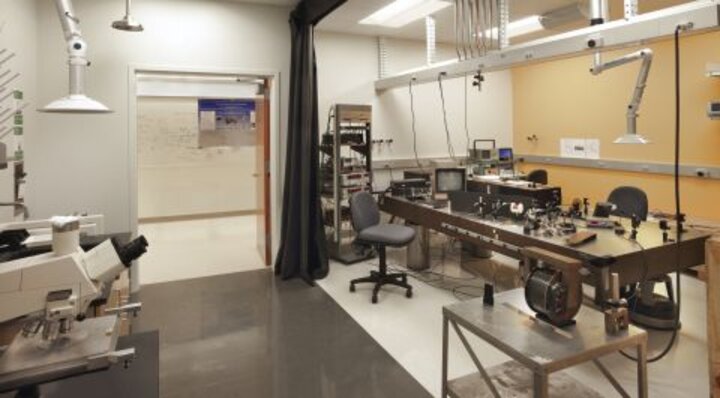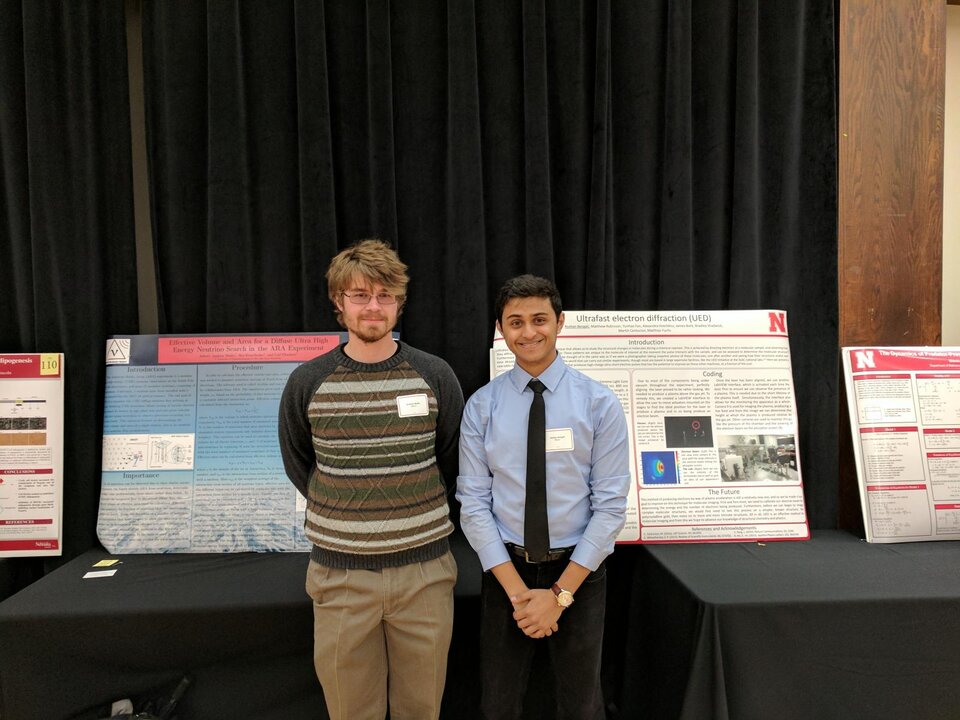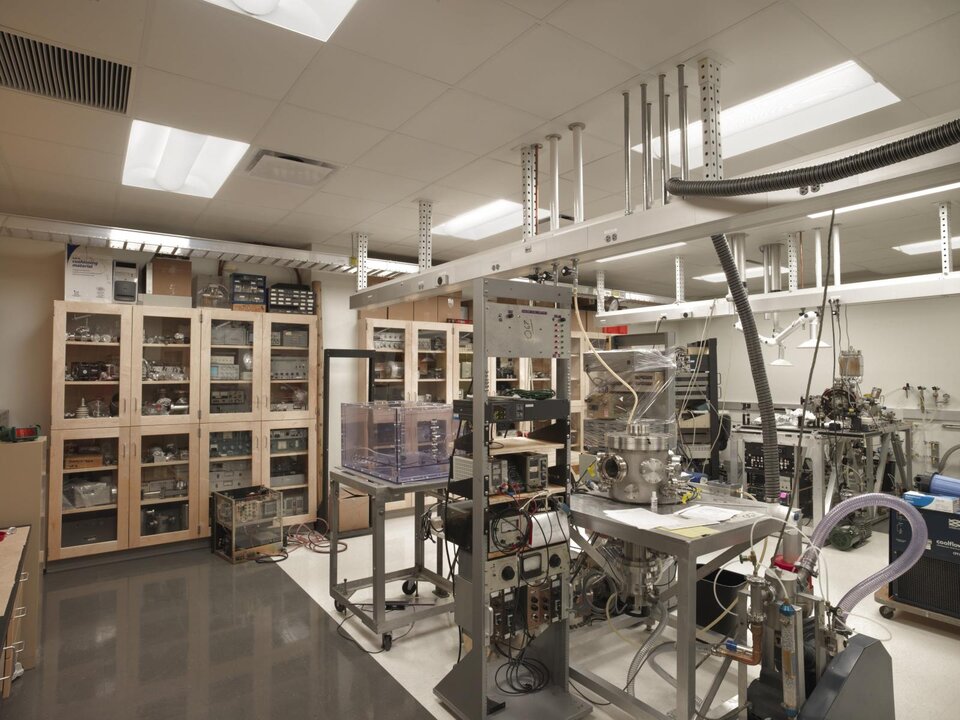Content
How can you get involved in research?
First, do well in your classes. If your GPA is below 3.0, you should be concentrating on academics.
Then, go knocking on doors. You can find out what faculty members are working on by consulting the Research section of the Physics website. Professors are usually happy to spend a few minutes with you to talk about their research, whether or not they have a position available at the moment.
Available positions can be quite variable and different research groups are looking for different skills at different times. If professors get to know you, they can keep you in mind for openings.
The Society of Physics Students is now working to maintain a list of available research positions.

“There are numerous opportunities within the department which have allowed for my growth as a young physicist. Being able to do research in multiple fields of physics has opened my eyes to the vast world that lies beyond the typical undergraduate physics education. I am also grateful for the plethora of opportunities to do community outreach so that I could expand upon my communication skills and learn to explain complex topics at varying levels of difficulty. While the typical undergraduate physics curriculum is important, being able to supplement this with these external skill-building activities has been of the utmost importance of my development.”
Student Worker Angelea Arnett
Fund Your Research Through UCARE

Undergraduates may receive funding for their research through a special program designed specifically to allow students to work one-on-one with faculty. The Undergraduate Creative Activities and Research Experience (UCARE) provides undergraduates with a stipend of $2,400 over the academic year or summer for a commitment of certain hours and expectations determined by the UCARE program.
Current Physics and Astronomy UCARE Recipients
Shams Hassiki
Design of a simulation framework for RFSoC-based Data Acquisition system for the Askaryan Radio Array experiment at the South Pole Station in Antartica
Faculty sponsor: Ilya Kravchenko
John Daugherty and Gavin Milliken
Investigating the inner regions of the planet-forming disk through the dipper phenomenon
Faculty sponsor: Evan Rich
Gael Perez Alvarez
The application of TMR (Tunneling Magnetoresistance) sensors for high-precision current measurement
Faculty Sponsor: Sy-Hwang Liou
Sajid Raihan Akash
Understanding radio properties of Greenland ice: analysis of ice calibration data from the Radio Neutrino Observatory - Greenland
Faculty sponsor: Ilya Kravchenko
Hailey Anderson
Integrating ferroelectric CuInP2S6 with MoS2 field effect transistor
Faculty sponsor: Xia Hong
Outside of the University
National Science Foundation Research Experiences for Undergraduates
This site allows students to choose from one of 19 topics, such as Physics, Astronomical Sciences, and Materials Research. There is also a search function that accepts keywords and choice of states for over 170 programs. Summer REU programs typically have deadlines in February and March and selection in March and April.
Department of Defense STEM Internships
Programs ranging from the Air Force Rome Laboratory to the NSA. Over 40 programs. DOD Pathways Programs include internships for current students and recruiting for recent graduates interested in civilian careers with the DOD.
American Physical Society Internships and Fellowships
The Internships and Fellowships-American Physical Society page has programs that are not listed at any of the above sites, such as the LIGO Institute, The Smithsonian Minority Awards and Internships, and the SRI International, and more.
NASA
NASA Internships, Fellowships, and Scholarships include a wide range of opportunities for summer and academic year internships with NASA Programs. NASA Pathways Programs include internship and recruitment opportunities potentially leading to careers with NASA.
At Nebraska

Nebraska offers a number of research opportunities for undergraduates from around the nation to participate in summer research. These Research Experiences for Undergraduates (REU) allow students to work one-on-one with faculty. Students receive a stipend and other benefits in exchange for their research. See REU home pages for details about particular experiences.